Handling The Aftermath: Post-Hurricane Clean-up Tips
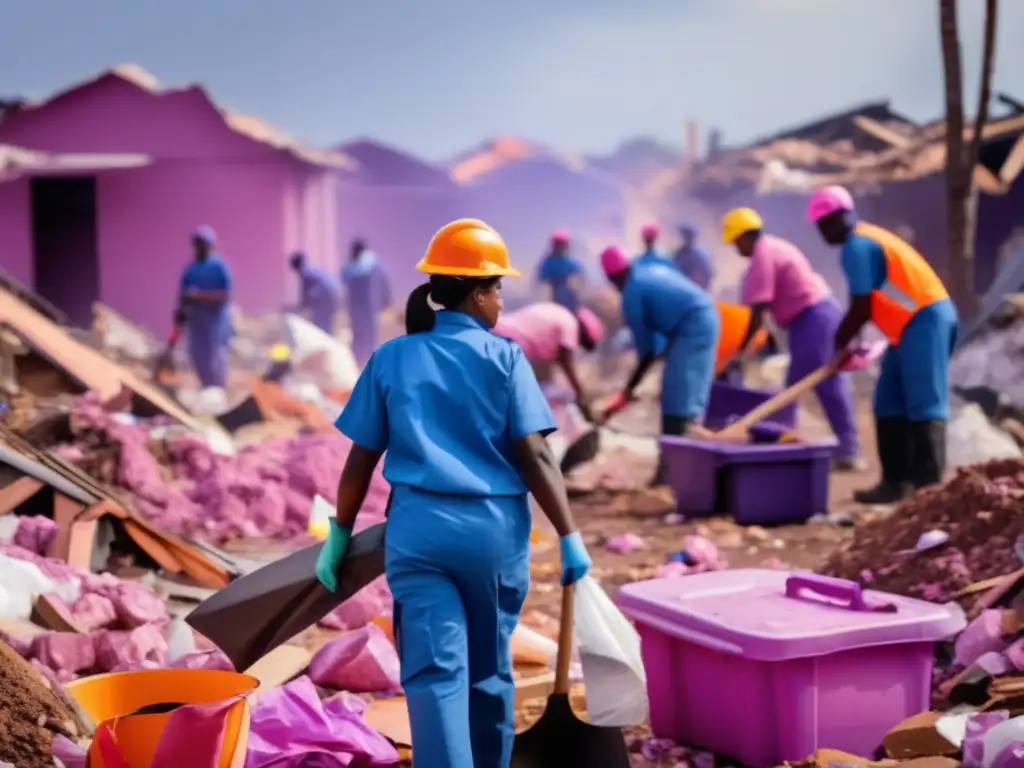
Handling the Aftermath: Post-Hurricane Clean-up Tips
Introduction
The aftermath of a hurricane can be devastating. It's important to understand how to handle the clean-up process after a hurricane hits in order to reduce the risk of injury or illness and ensure a successful recovery. In this article, we will provide tips and guidance on how to safely and effectively clean up after a hurricane.
Preparing for Clean-up
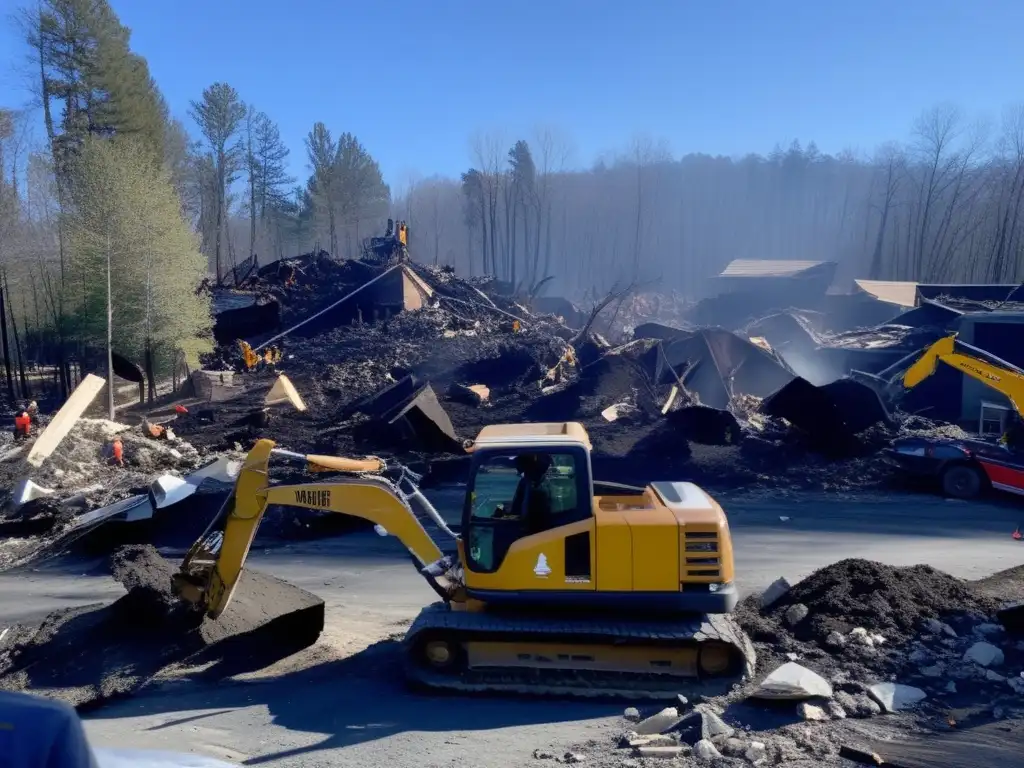
Assess the damage
Before beginning any clean-up efforts, it is important to assess the damage caused by the hurricane. This will help to determine what tasks need to be done and which areas need immediate attention. Take photographs of the damage and document any losses to assist with insurance claims.
Ensure safety
Safety should always be the top priority during the clean-up process. Wear protective gear such as gloves, boots, and masks to protect against debris and hazardous materials. Inspect the area for downed power lines and gas leaks before starting any work. Do not touch any electrical equipment or wires if you are standing in water or on a wet surface.
Organize supplies
Prepare all necessary supplies before beginning the clean-up. This may include garbage bags, shovels, rakes, brooms, and cleaning agents. Store supplies in a dry and accessible location. Make sure to bring enough water and food for the day, as access to these can be limited post-hurricane.
Clean-up Techniques
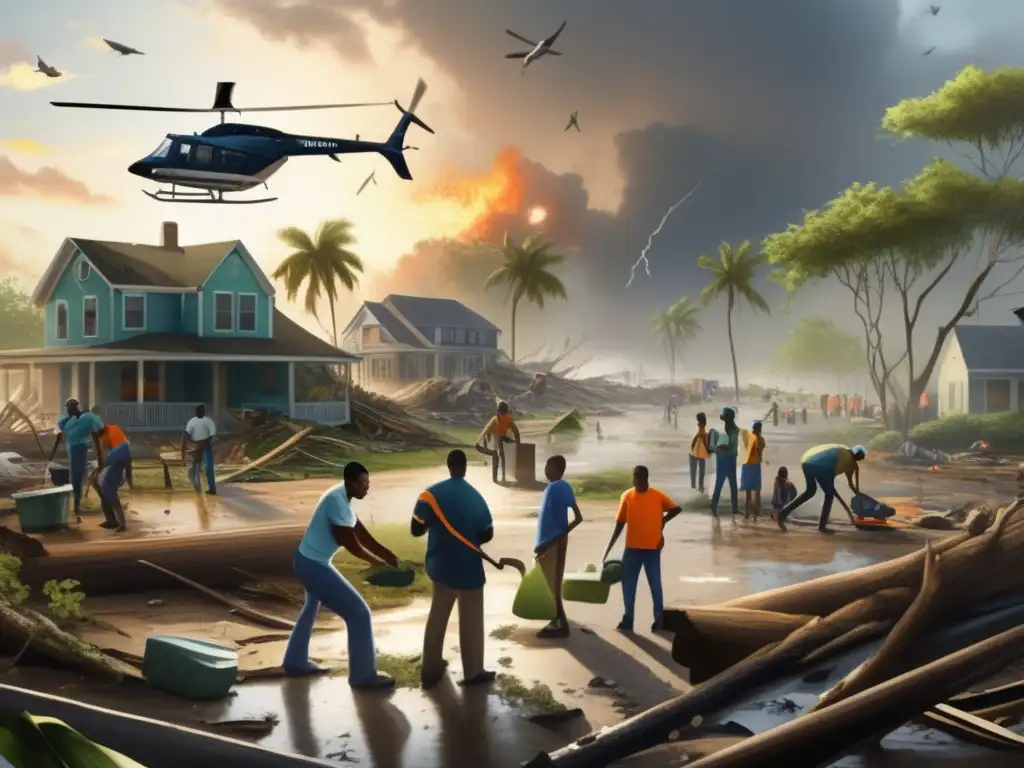
Remove debris
The most common task in post-hurricane clean-up is removing debris. This can include fallen trees, branches, and other large items. Use caution when removing debris and be aware of unstable structures. Do not lift heavy objects alone, and use proper lifting techniques to avoid injury.
Clean and disinfect
After removing debris, the area should be properly cleaned and disinfected. Use a mixture of water and bleach to sanitize surfaces that may have come into contact with floodwater or sewage. Allow the solution to sit for at least 10 minutes before rinsing with clean water.
Dry out your home
It is important to dry out your home as soon as possible after a hurricane. This will help prevent the growth of mold, which can pose serious health risks. Open windows, doors, and cabinets to increase airflow throughout the home. Use fans and dehumidifiers to help speed up the drying process.
Health Considerations

Beware of hazardous materials
Be aware of any hazardous materials that may be present in the debris or floodwater. These materials can include chemicals, sharp objects, and contaminated water. Wear gloves and protective clothing when handling debris or cleaning contaminated surfaces. If you come into contact with hazardous materials, seek medical attention immediately.
Avoid carbon monoxide poisoning
Carbon monoxide poisoning is a common hazard during post-hurricane clean-up efforts. Do not use gas-powered generators indoors or near open windows. Do not use charcoal grills indoors. If you are using propane or natural gas appliances, make sure that the area is well-ventilated and do not use them in enclosed spaces.
Protect against insect-borne diseases
Floodwaters can lead to an increase in mosquito and other insect populations. Protect yourself against insect bites by wearing long sleeves and pants, using insect repellent, and installing screens on doors and windows. If you develop symptoms of a mosquito or insect-borne disease, seek medical attention immediately.
Frequently Asked Questions
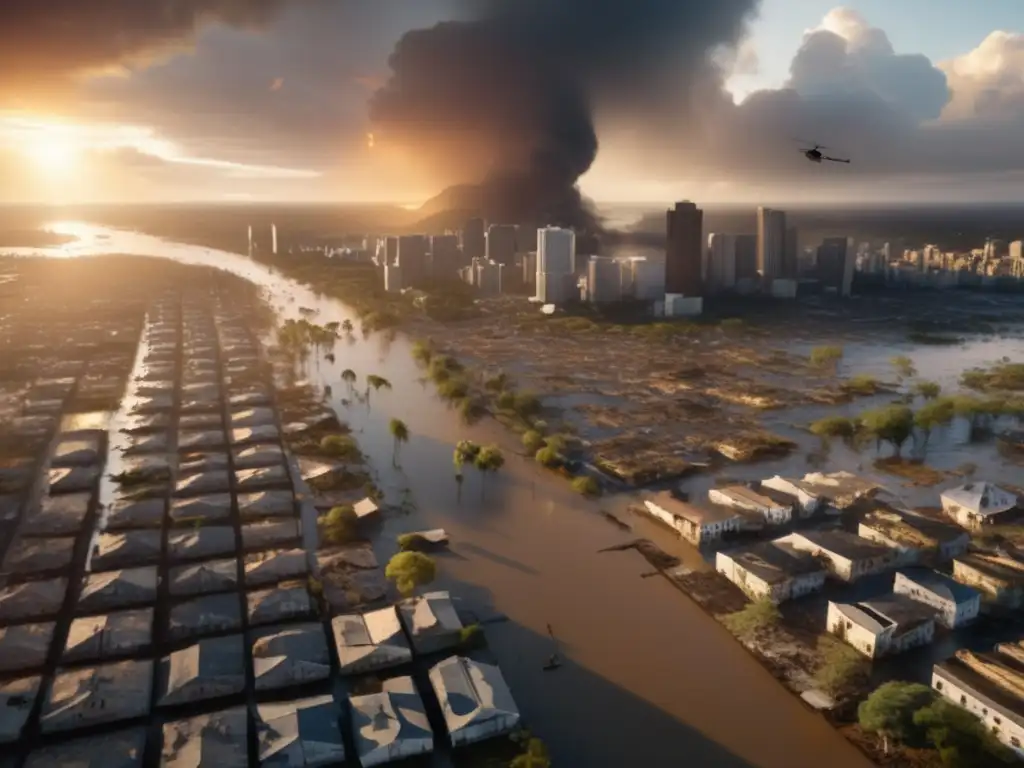
-
How long should I wait before starting the clean-up process?
You should start the clean-up process as soon as it is safe to do so. Waiting too long can increase the risk of mold growth and make it more difficult to remove debris.
-
What should I do with hazardous materials?
Hazardous materials should be disposed of properly. Contact your local waste management facility for guidance on how to dispose of these materials safely.
-
How can I protect myself against mold?
To protect against mold, make sure to dry out your home as quickly as possible after the hurricane. Use fans, dehumidifiers, and open windows to increase airflow. Wear protective gear when cleaning moldy surfaces.
-
Is it safe to drink tap water after a hurricane?
It is best to assume that tap water is contaminated after a hurricane. Boil all water before drinking or use bottled water until the water supply has been declared safe by local officials.
-
What should I do if I am injured during the clean-up process?
If you are injured during the clean-up process, seek medical attention immediately. Clean and disinfect any wounds as soon as possible.
Conclusion
The aftermath of a hurricane can be overwhelming, but with the right tools and information, the clean-up process can be manageable. Remember to prioritize safety and take precautions to protect against hazards and illnesses. If you have any doubts about your ability to safely clean up after a hurricane, seek assistance from professionals. By following these tips, you can help ensure a successful recovery.
Living in a hurricane-prone area requires preparedness and knowledge on how to handle the aftermath. Make sure to share this article with your community and encourage them to educate themselves on hurricane preparedness and safety information. Additionally, engage with HurricaneInsider.org through subscribing to our newsletter or submit questions and comments in the comments section. Thank you for your attention and stay safe.
Additional Resources
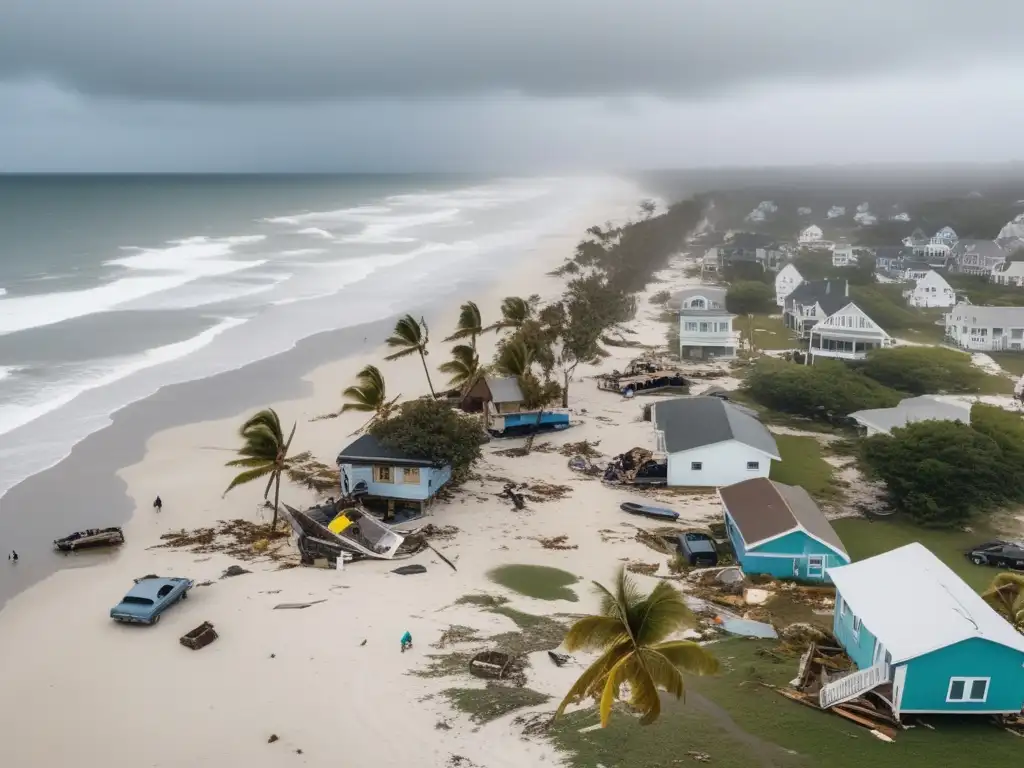
If you want to discover more articles similar to Handling The Aftermath: Post-Hurricane Clean-up Tips, you can visit the Hurricane preparedness: category.
Leave a Reply

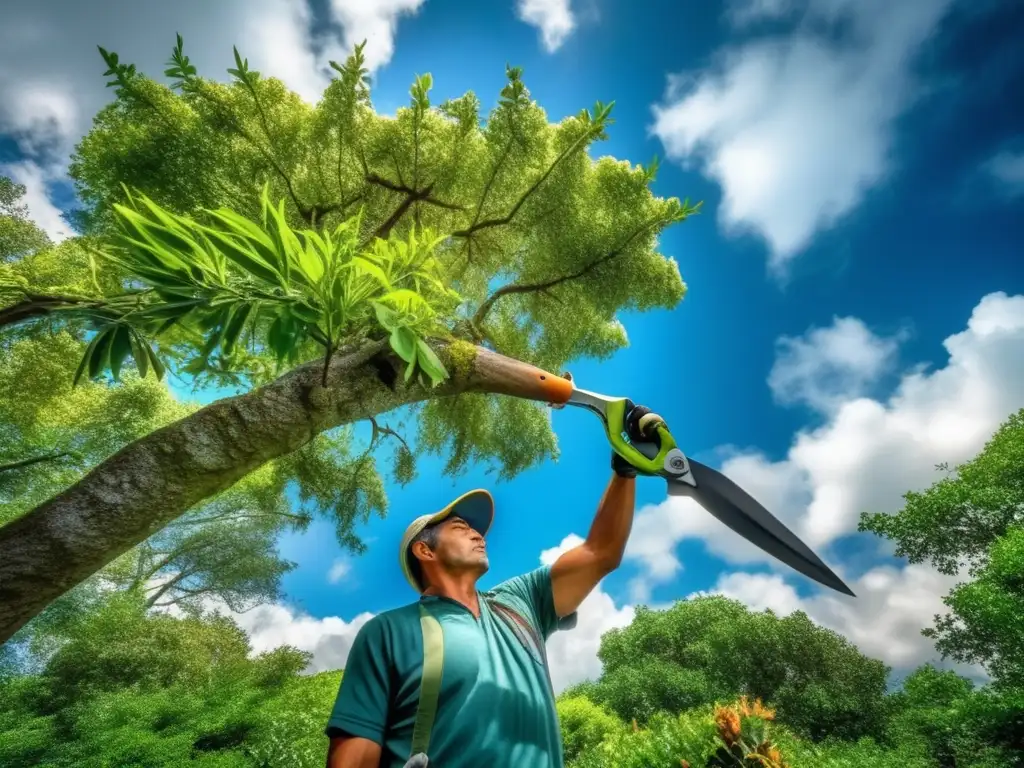


Articulos relacionados: